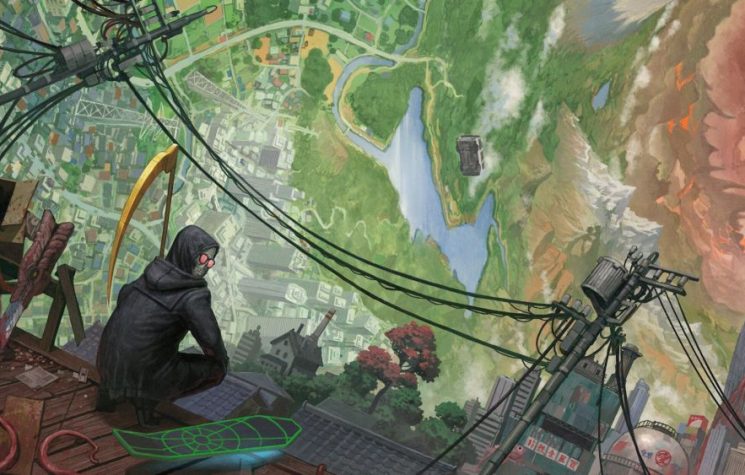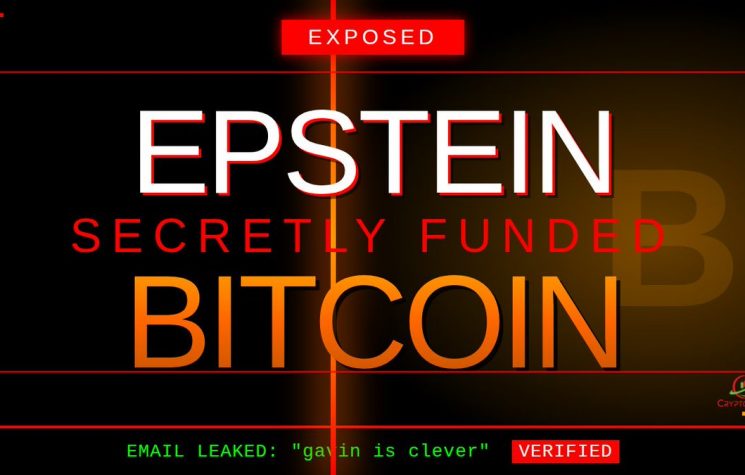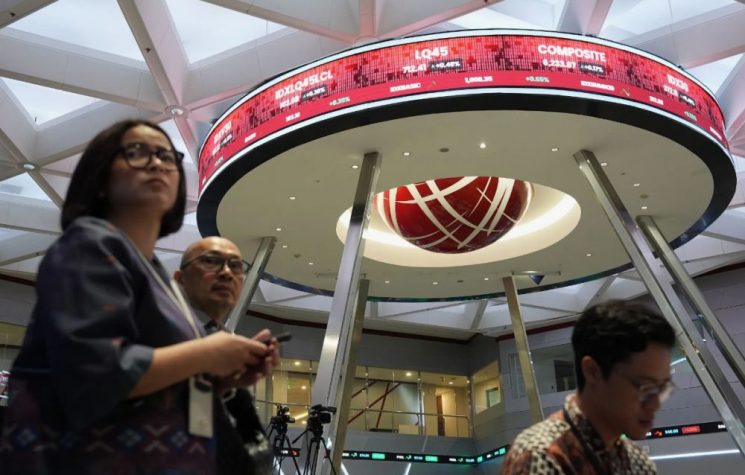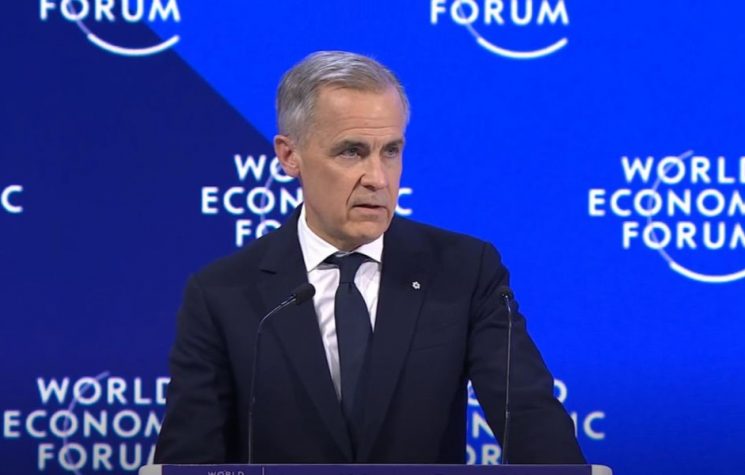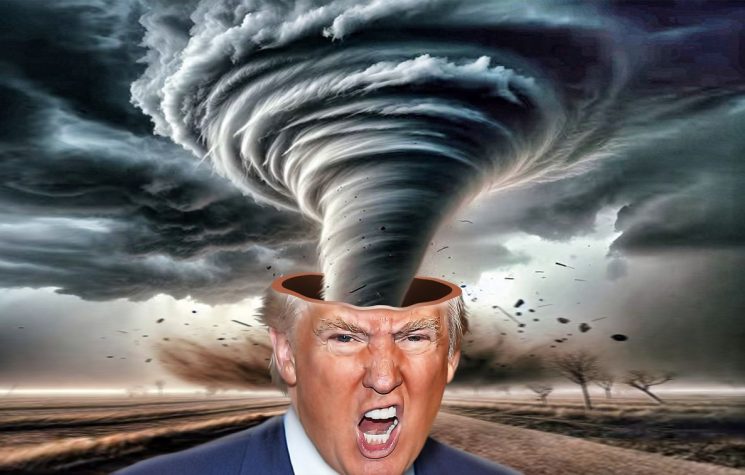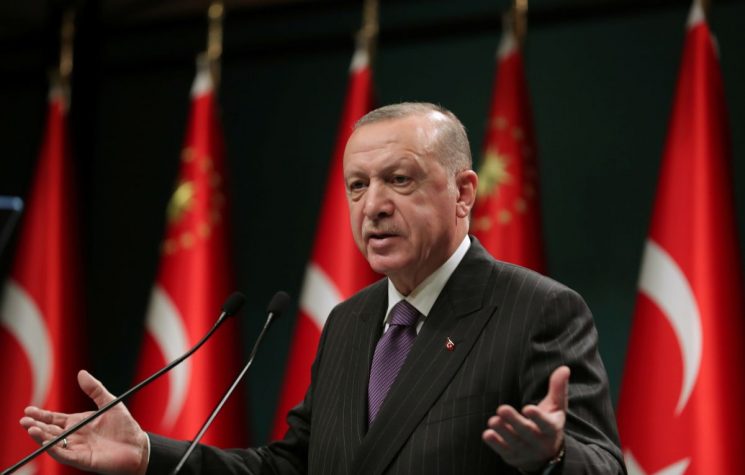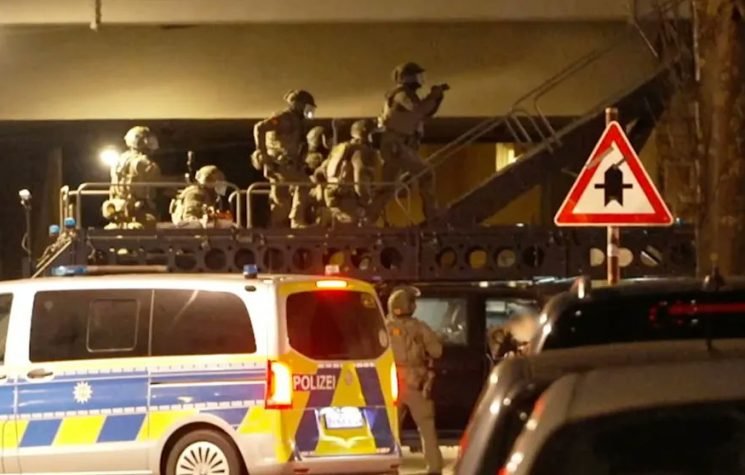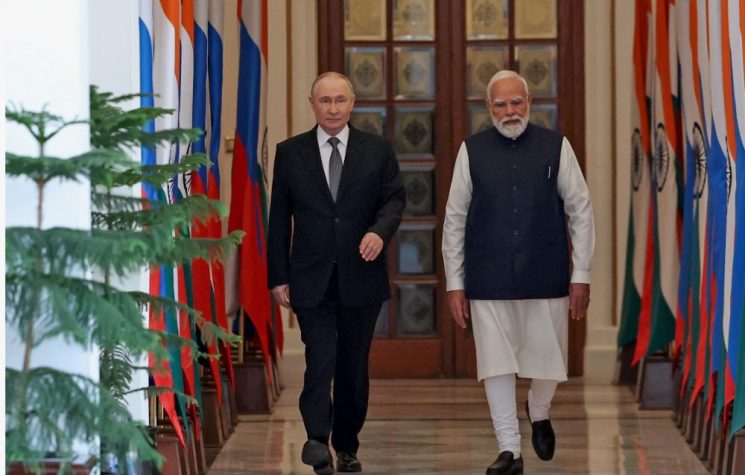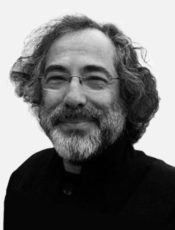There are auspicious signs on the other side of dystopia. And right here in Russia.
Join us on Telegram![]() , Twitter
, Twitter![]() , and VK
, and VK![]() .
.
Contact us: info@strategic-culture.su
The Global Digital Forum last week in delightful Nizhny Novgorod represented a landmark in the quest for a more equitable media landscape across the whole Global South.
Pride of place was taken by a new ambitious association, the Global Fact-Checking Network (GFCN). The last session of the forum was focused essentially on how to fight all the toxic declinations imposed by the post-truth anti-cultural ambiance – as in fact-checking an avalanche of fake news coming in most cases from states and official institutions.
Guest of honor was superstar Russian Foreign Minister spokeswoman Maria Zakharova, relaxed, in great spirits, who went full Deng Xiaoping by urging everyone to “fight for the truth and seek out the facts”.
By a twist of fate, the timeline left me with only two minutes to somehow wrap up our quite enlightening discussion. So I went hardcore and quoted Nietzsche: “There are no facts, only interpretations”. Later on, I was surprised at how that had struck a nerve especially among African delegates.
The key point is that in the artificially fabricated post-truth environment, not only facts are only facts if we say so; most of all, only one interpretation is allowed – be it from the Empire of Chaos, whoever may be in power, or from a Kafkaesque mechanism such as the European Union (EU)/European Commission (EC).
If you deviate from the official interpretation, they will come after you. That has led, for instance, in Europe, to journalists/EU citizens being prevented even from traveling to their own nation-states, and having their accounts frozen, or EU citizens being prevented from covering a supposedly democratic election (in Romania), and immediately deported (outside of the EU).
A startling essay on Nietzsche amplifies the diagnostic of Europe’s current cultural suicide. Nietzsche was an “untimely” outsider, a steppenwolf, pledging allegiance to no one and nothing, silently grappling with “the flat exhaustion of bourgeois modernity”, and searching, in vain, for “silhouettes among shadows”.
Nietzsche, in the late 19th century, was already a symbol of Resistance. Resistance as we see it today – from the Axis of Resistance in West Asia to Orthodox Christian military batallions fighting for the freedom of Novorossiya. No ceremony ever greeted Nitzsche: he was always alone. He shattered illusion after illusion as his solitude “became liturgy” and “his body turned into protest.” He impersonated “the ghost of nobility”. A species in extinction – indeed.
Tech visionaries want it all
That crystal clear Nietzsche intuition – arguably the best definition of truth in the history of philosophy – may be our guide in the labyrinth of post-truth where, to quote post-modernist masterpiece Twin Peaks, “the owls are not what they seem”.
Errol Musk, Elon’s father, showed up early this week in Moscow for the Future 2050 forum. Daddy Musk effusively showered praise on Russia as Ancient Rome 2.0 and Moscow itself as the “capital of the world”. Quite on point – in both cases.
But what really matters is why Daddy Musk is in Russia. That may align with a strategy of luring powerful sectors of Silicon Valley into doing business with Russia. Main actors/participants would be tech visionaries which used to be part of the notorious PayPal Mafia: Elon Musk and Peter Thiel.
That may pose a series of serious problems. Martin Armstrong has been instrumental in portraying this band of tech visionaries as a ubiquitous new oligarchy: active in social media, biotech, space, the surveillance industry, engineering policies and influencing monetary systems with their hardcore brand of venture capitalism, and not to mention shaping worldwide-interfering narratives.
The new tech elite shines brightly via the Trump-Musk love affair turned staged catfight. But its tentacles reach much further. J.D. Vance is Peter Thiel’s perfectly positioned candidate to become the next POTUS. Palantir, controlled by Thiel and totalitarian Alex Karp, have been awarded a massive contract to design a U.S. federally centralized database using very sophisticated AI models.
Trump’s Big Beautiful Bill is heavy on AI – including a 10-year moratorium during which any U.S. state and local government cannot regulate AI. This will allow free reign for deepfakes and Big Tech doing whatever they feel like to manipulate unsuspecting consumers.
So that’s the key question. How to fact-check the tech elite? How to counterpunch multiple instances of techno-feudalism – when tech companies feed intel to governments, commit unlimited funds to political operations, and set up censorship platforms disguised as “democracy”, drenched in AI-generated fake news?
Go East, to Siberia, young man
At least there are auspicious signs on the other side of dystopia. And right here in Russia. This is a mesmerizing interview by Nora Hoppe and Tariq Marzbaan with legendary Prof. Sergey Karaganov, Honorary Chairman of the Council for Foreign and Defence Policy (Russia’s leading public foreign policy organisation) and academic supervisor at the Higher School of Economics in Moscow.
Welcome to a magic carpet ride through the really deep origins of Russia’s heritage. Starting with the Scythians: “Now we are rediscovering within ourselves these roots that unites us with the peoples of Eurasia.”
All the way to Byzantium: “The Russian princes, who baptized Russia, chose Byzantium ― at that time the richest, the most developed and intellectually flourishing country in Central Eurasia, much more developed than Europe was (…) The Russian princes’ astute choice of Byzantium largely predetermined Russian culture, Russian architecture, and, of course, Russian religion, that is, our Orthodoxy.”
And then reaching Pax Mongolica: “The Mongol Empire left a deep mark on Russian history also, because it was multicultural and very tolerant religiously, and this is where I think (although there is no complete agreement amongst historians on this matter) the Russians ― the dominant people in the former Russian Empire and the USSR ― inherited their unique cultural, religious, and national openness.”
Karaganov forcefully proposes that everything positive about Pax Mongolica should be re-examined to “substantiate the unity of Eurasia.” And “we must rely just as much on the heritage of the Scythians, who were the forefathers of so many peoples in Greater Central Eurasia.”
This is the essence of a true multipolar Russia in action – leading to the fascinating concept of “Siberianization”: a “spiritual, cultural, political, and economic development of Russia in the eastern direction to the Urals and Siberia. The western direction of our policy and economic ties has bleak prospects.”
Karaganov, whose analyses are deeply appreciated by President Putin, is adamant: it all amounts to a “civilizational struggle against techno-barbarism and techno-paganism”, and “against dehumanization”. Against, essentially, techno-feudalism.











